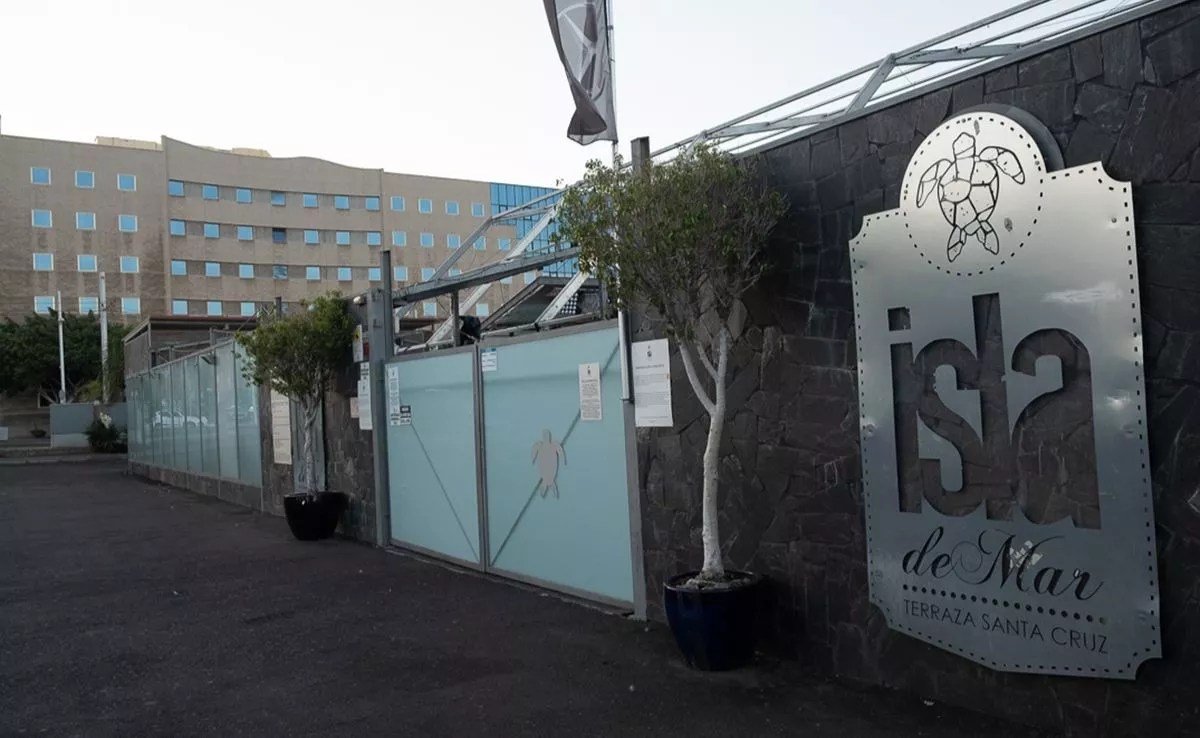The five accused of a crime against the rights of foreign citizens for acting as skippers of a canoe that arrived at the port of Los Cristianos on November 10, 2020 yesterday accepted their guilt and settled for a three-year prison sentence. The presiding magistrate of Section II of the Provincial Court of Santa Cruz de Tenerife issued a final judgment “in voce» after the defense attorneys of those arrested and the delegated prosecutor for Immigration, Carolina Barrio, reached a consent agreement.
In this way, the trial that was planned against five of the seven arrested by the National Police Immigration Brigade for carrying out tasks such as operating the rudder and the motors of the boat, controlling the course using GPS, was not held in its entirety. as well as maintaining order in the face of possible altercations, distributing food and rationing water.
Of those arrested by the agents, one is unaccounted for and about the other, according to the prosecutor, there is not enough evidence to determine his participation in the events. To the five defendants, all Senegalesefrom the three-year prison sentence imposed, what they have already spent in Tenerife II in preventive detention will be deducted, specifically one year and three months. Those involved responded affirmatively to the magistrate’s question.or President of Section II whether they were satisfied with their guilt and imprisonment, thanks to the help of two Wolof translators.
Those involved have been in preventive detention on the island for a year and three months
In the session it was not necessary for the national policemen who were summoned to testify to intervene. According to the Prosecutor’s Office, the five involved, of legal age and without criminal records in Spain, guided by the desire to obtain an illicit benefit and in coordination with the organizers of the trip, who stayed on land, agreed to take charge of the boat.
The canoe departed from the Mbor area, in Senegal, in the first days of November. The activity of those arrested is considered key to favoring clandestine immigration, especially considering that it is a very risky route. In fact, various NGOs regularly report the high number of deaths and disappearances that they occur every year among people leaving Senegal, Mauritania or Morocco for the islands.
Carolina Barrio assures that the five defendants agreed to distribute the essential tasks to guarantee the order and direction of the ship. Several were in charge of handling the rudder and the engines. One also controlled the satellite orientation device (GPS) and set the course. And another arrested person was responsible for putting order if altercations were registered, giving instructions to the occupants and distributing and rationing food or water. 91 people traveled crammed into the aforementioned ship.
















